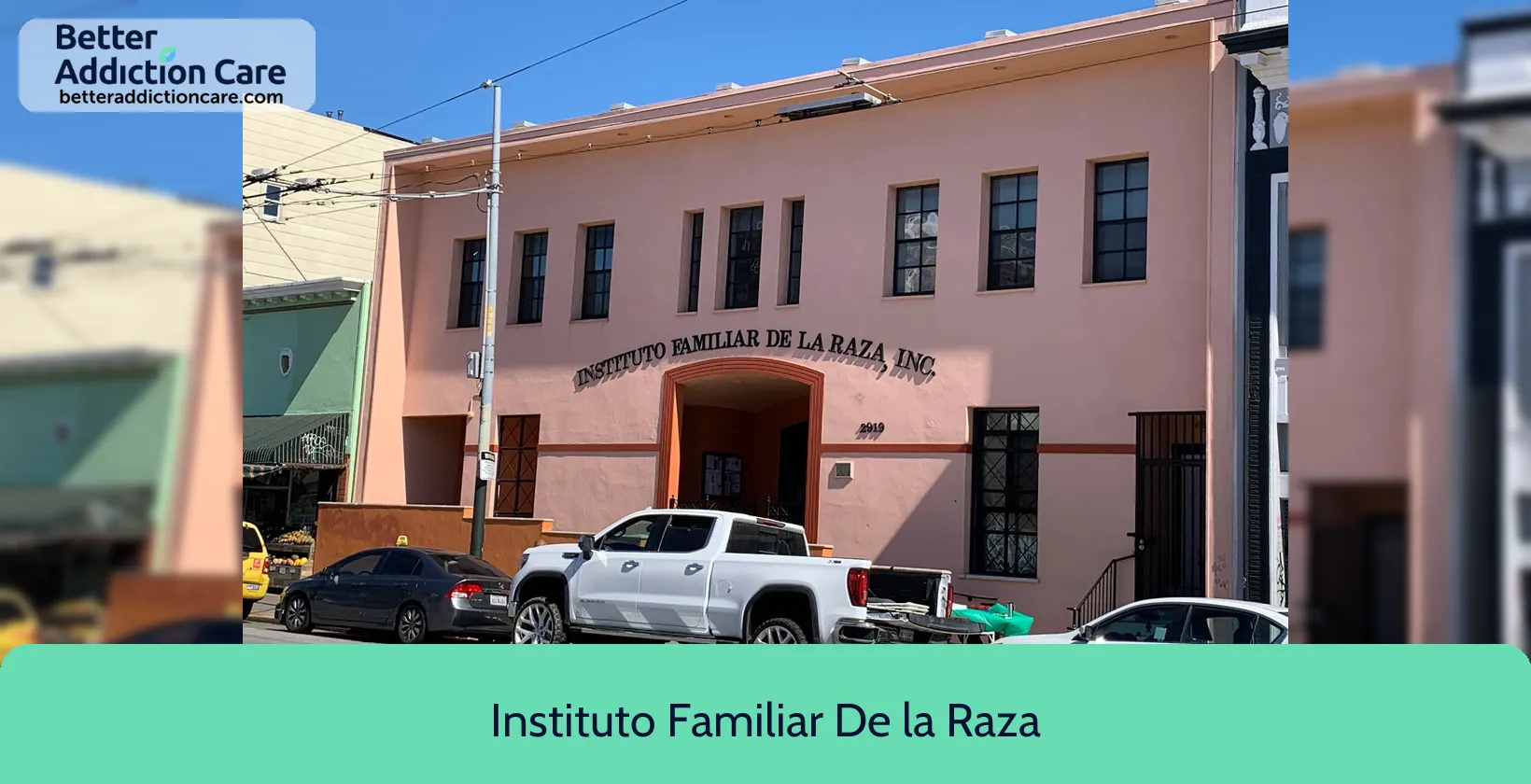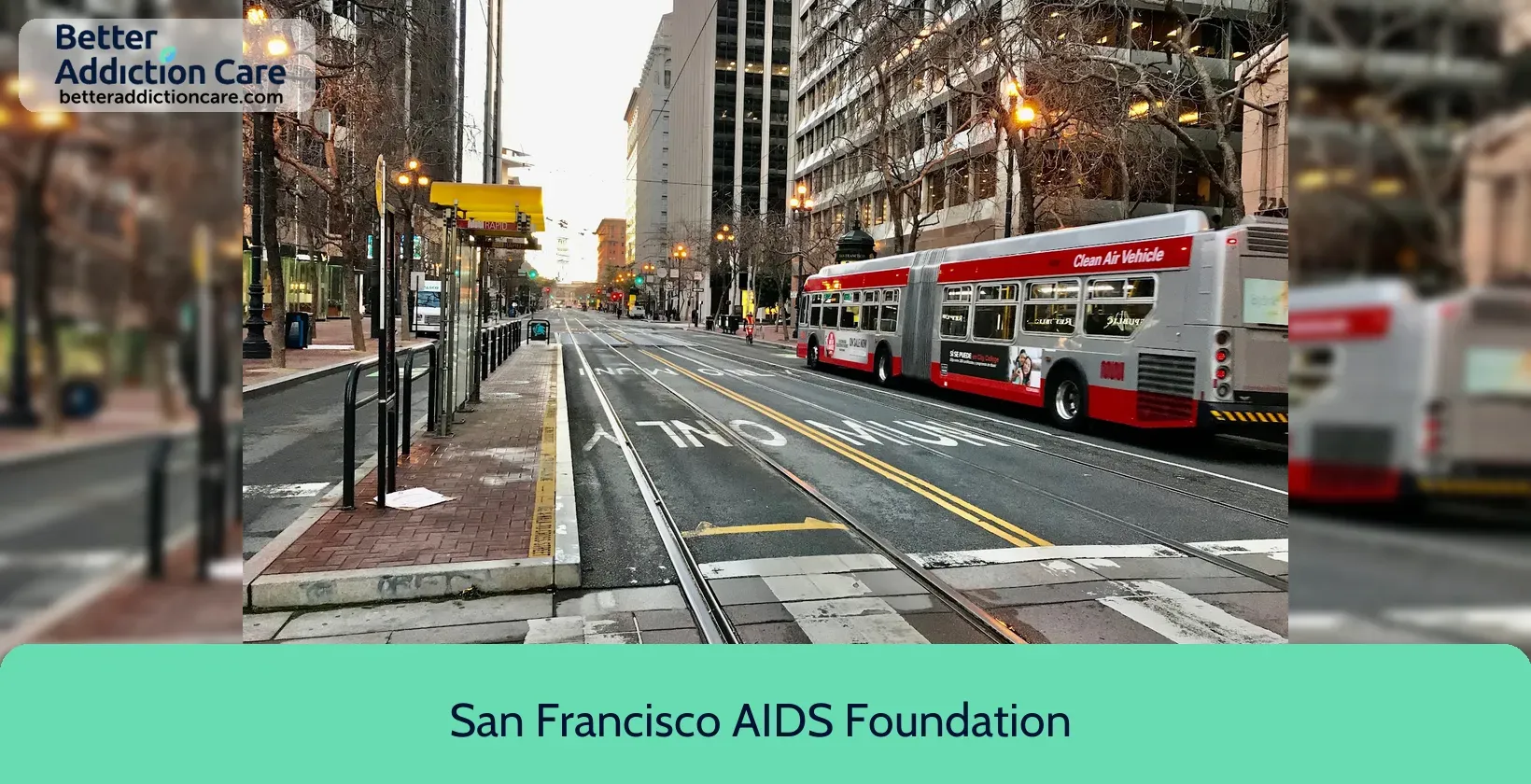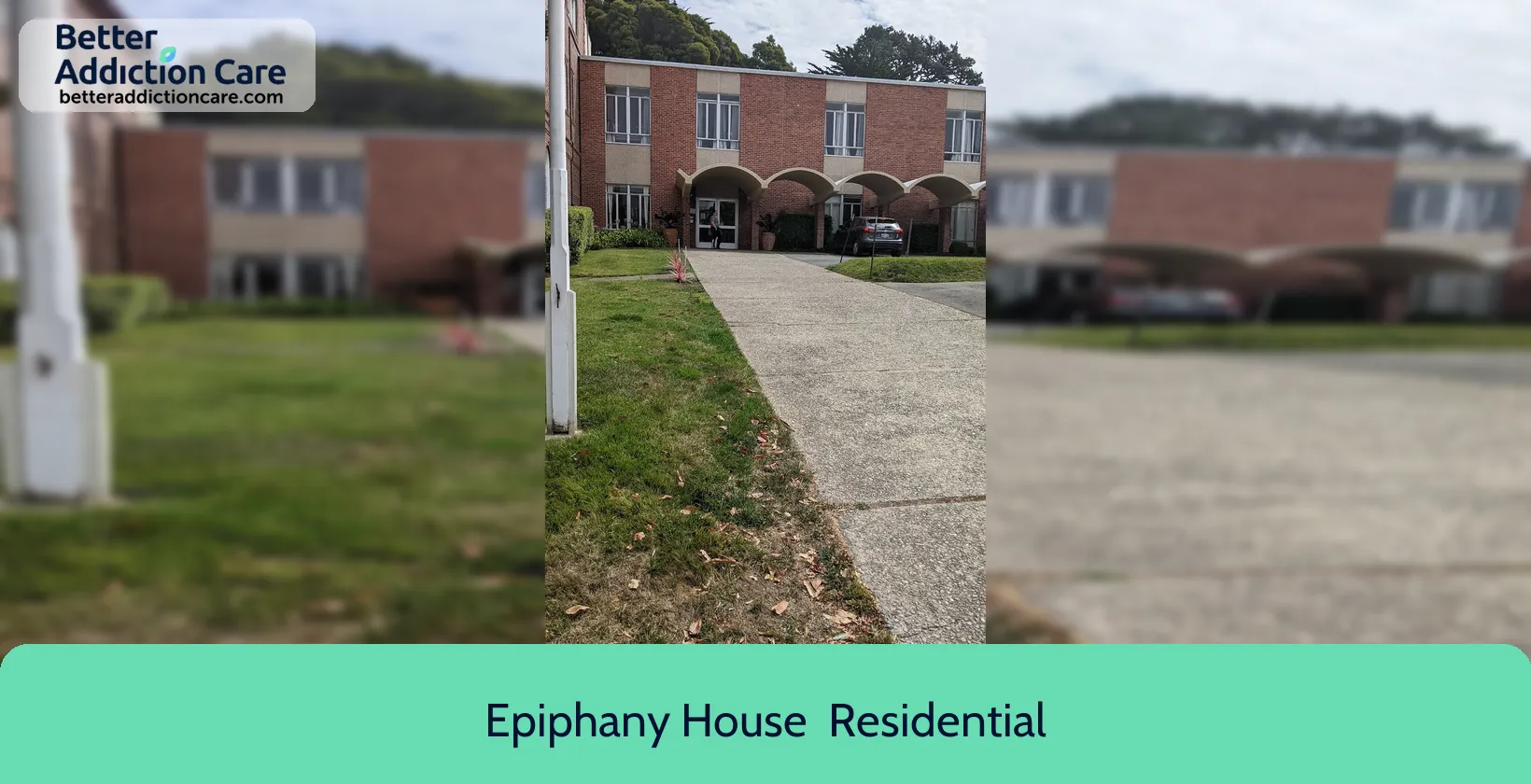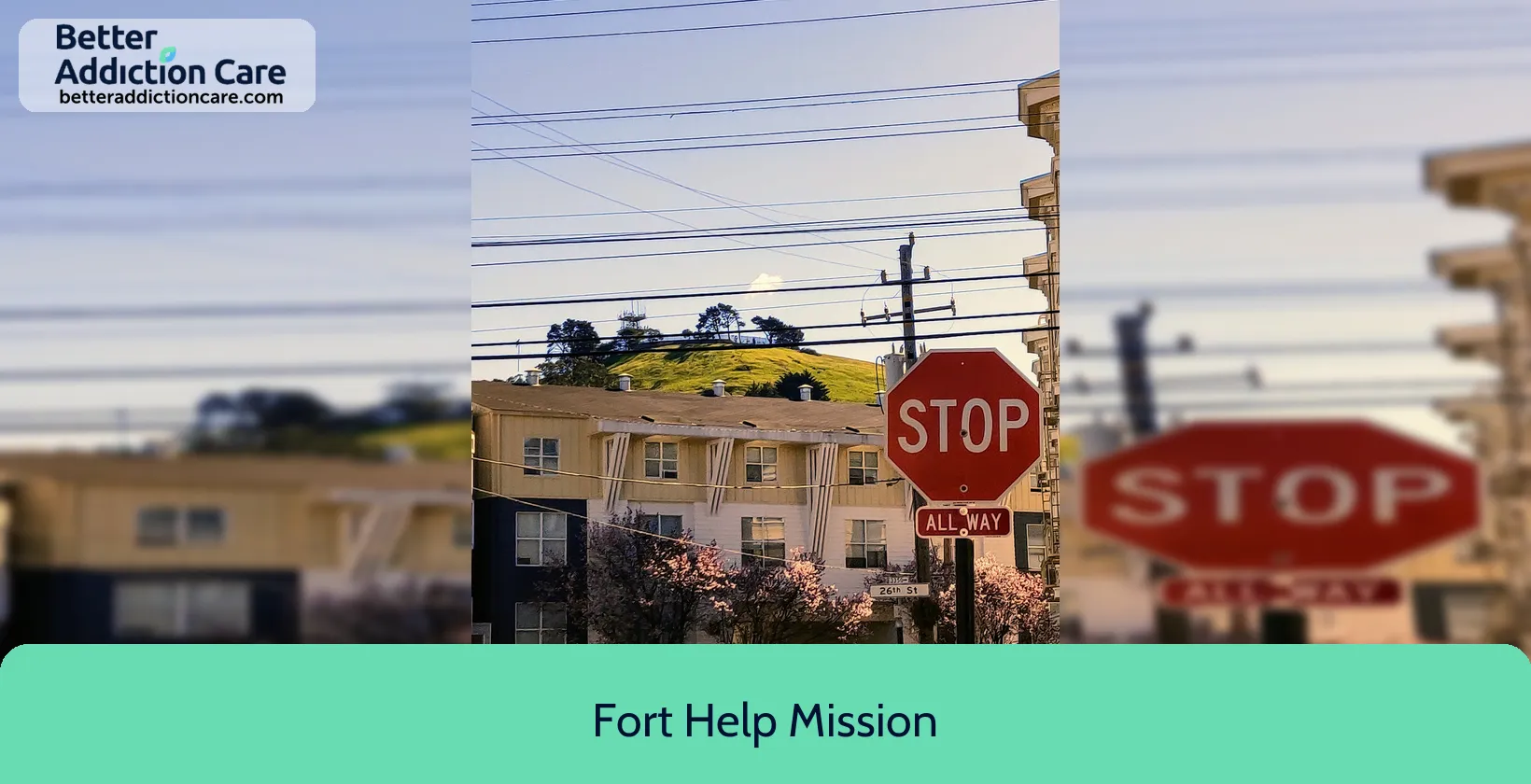Fort Help Without Hassle Methadone Program

Overview
Fort Help Without Hassle Methadone Program is a substance abuse treatment center for people seeking treatment near San Francisco County. As part of their treatment modalities for recovery, Fort Help Without Hassle Methadone Program provides 12-step facilitation, group counseling, and individual psychotherapy during treatment. Fort Help Without Hassle Methadone Program is located in San Francisco, California, accepting cash or self-payment for treatment.
Fort Help Without Hassle Methadone Program at a Glance
Payment Options
- Cash or self-payment
Assessments
- Comprehensive mental health assessment
- Comprehensive substance use assessment
Age Groups
- Adults
Operation
- Private for-profit organization
Highlights About Fort Help Without Hassle Methadone Program
6.85/10
With an overall rating of 6.85/10, this facility has following balanced range of services. Alcohol Rehabilitation: 8.00/10, Drug Rehab and Detox: 6.31/10, Insurance and Payments: 6.00/10, Treatment Options: 7.09/10.-
Alcohol Rehabilitation 8.00
-
Treatment Options 7.09
-
Drug Rehab and Detox 6.31
-
Insurance and Payments 6.00
Accreditations
SAMHSA certification for opioid treatment program (OTP):
SAMHSA's Opioid Treatment Programs (OTP) Accreditation is a rigorous recognition process, signaling an OTP's commitment to high-quality care for those with opioid use disorders. It assures patients, families, and the community that the program adheres to evidence-based practices, maintains a safe environment, and employs qualified staff. This accreditation represents a commitment to addressing the opioid epidemic and promoting recovery, symbolizing quality and accountability in opioid addiction treatment.
State department of health:

Government agencies issue State Licenses, granting permission to rehabilitation organizations to conduct their business operations lawfully within specific geographic regions. Generally, the particular rehabilitation programs offered by a facility and its physical location dictate the necessary licenses needed for legal operation.
Treatment At Fort Help Without Hassle Methadone Program
Treatment Conditions
- Alcoholism
- Mental health treatment
- Opioid Addiction
- Substance use treatment
- Co-occurring Disorders
Care Levels
- Outpatient methadone/buprenorphine or naltrexone treatment
- Detoxification
- Aftercare
- Outpatient
Treatment Modalities
- 12-step facilitation
- Group counseling
- Individual psychotherapy
- Family counseling
- Marital/couples counseling
Ancillary Services
Languages
- Spanish
Special Programs
- Clients with HIV or AIDS
- Clients who have experienced trauma

Additional Locations
Get Help Now
Common Questions About Fort Help Without Hassle Methadone Program
Contact Information
Other Facilities in San Francisco

6.70

6.62

6.96

6.82

6.68

6.50

6.71

6.50
DISCLAIMER: The facility name, logo and brand are the property and registered trademarks of Fort Help Mission, and are being used for identification and informational purposes only. Use of these names, logos and brands shall not imply endorsement. BetterAddictionCare.com is not affiliated with or sponsored by Fort Help Mission.
